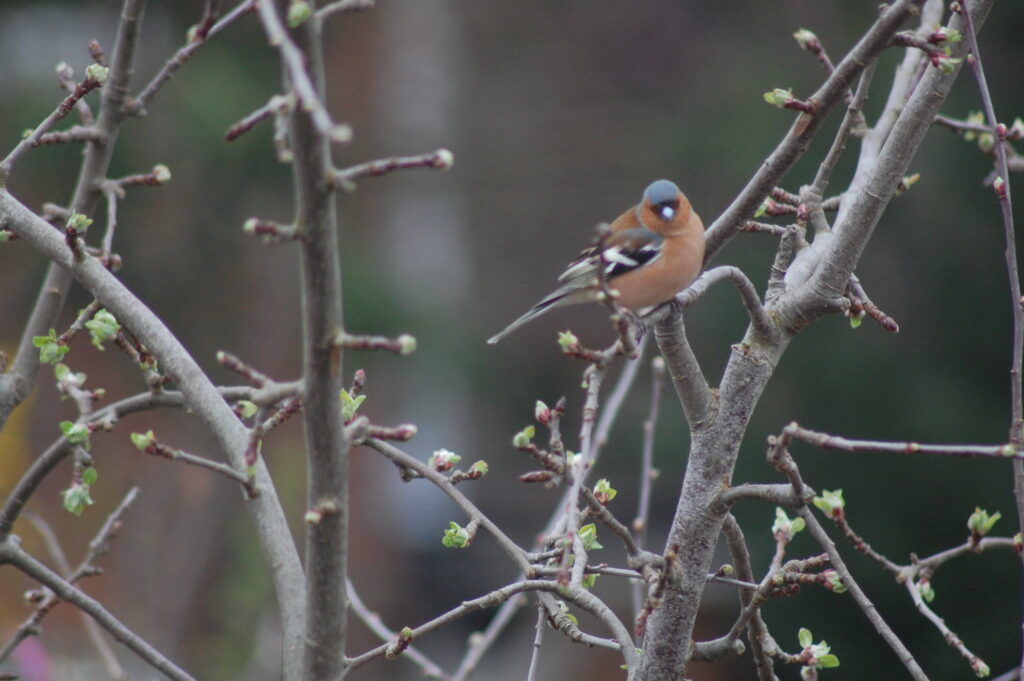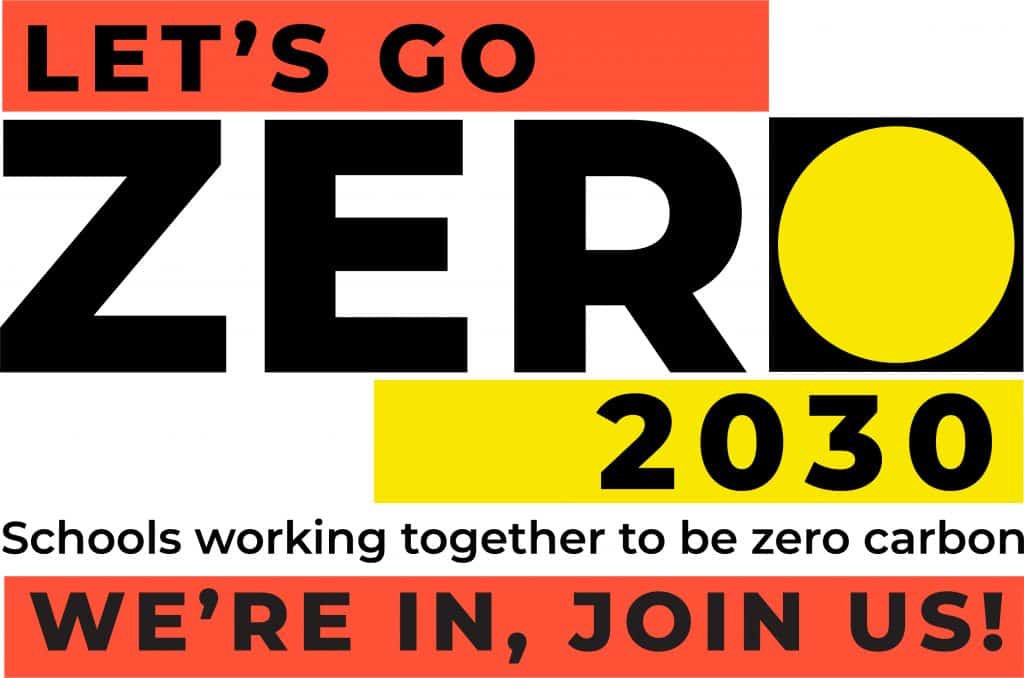OVO Foundation Nature Prize
Schools can win the cash to implement a community nature project. Schools from disadvantaged areas with high pupil premium are particularly encouraged to apply.
Applications open.


The Polygon School supports young people with social, emotional and behavioural difficulties. Its students came across the OVO Foundation Nature Prize when researching potential competitions to enter as part of the design and technology club.
Their winning idea was to create items in lessons that would encourage wildlife onto their school grounds, such as bird boxes and bug hotels. Alongside this, they planted wildflower seeds to support pollinators such as bees, and cleared the allotment to start a food growing area that students can use.
The students took the lead on the project, from filling out the application form to project design and implementation. Gail Newman, DT teacher and Eco-Schools Lead, has been overseeing the project. She says: “I’ve just kept the cash and facilitated buying the items and given [the students] a bit of guidance, but they’re the ones that have pushed and made all the decisions. It’s been really good to see them take control of a project.”
The students decided to design smaller bird boxes to encourage robins and blue tits rather than magpies. Due to this, they have seen an increase in the number and variety of birds visiting the school grounds. The students have also shown an increased interest in wildlife around the school and have seen that, even in an urban environment, there is lots of it they can support.
The project has empowered the students and increased outdoor learning opportunities for the whole school. Involving the students from the start with the design and implementation means they are enthusiastic, and this has taken the workload burden off the leading teacher. Students at specialist schools are often marginalised, and these types of projects make them feel confident to take things on and have their voices heard. Parents are excited and proud.
The school has been taking steps to become more sustainable through various programmes, such as Eco-Schools and Learning Through Landscapes. It is also backing the Let’s Go Zero Campaign, declaring its intention and ambition to get to zero carbon by 2030. The work made possible by the OVO Foundation Nature Prize has given the school the confidence to take part in other projects such as SOS Teach the Teacher.



Schools can win the cash to implement a community nature project. Schools from disadvantaged areas with high pupil premium are particularly encouraged to apply.
Applications open.
